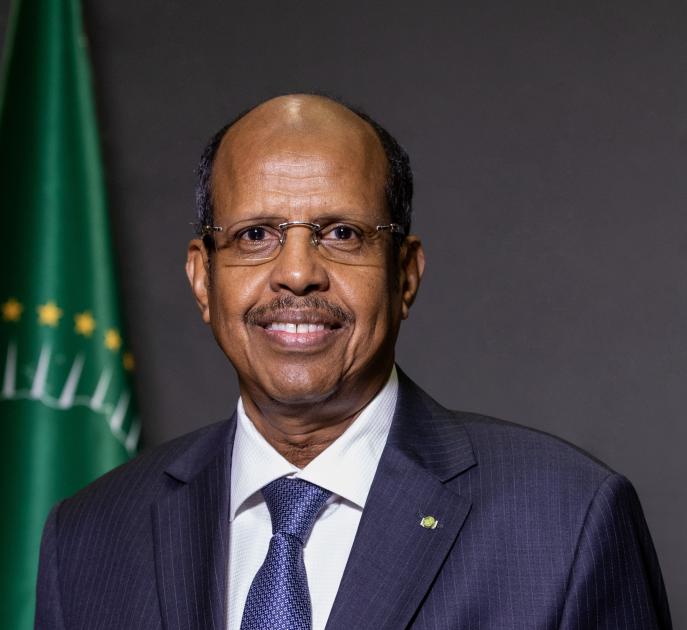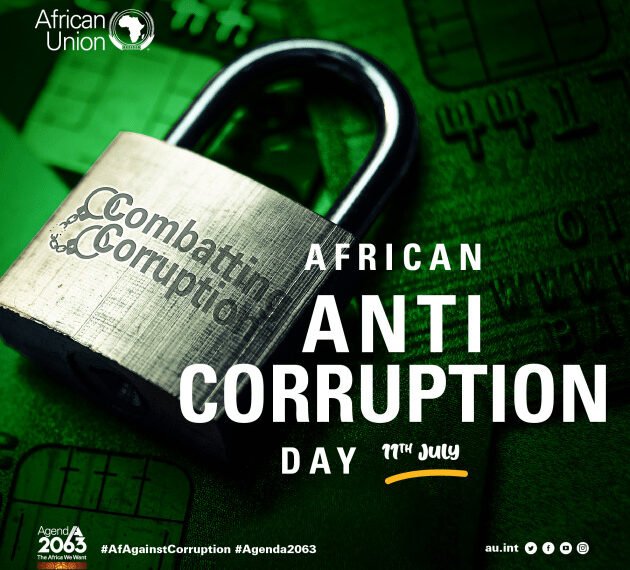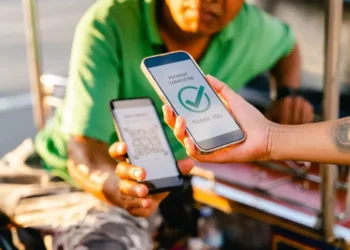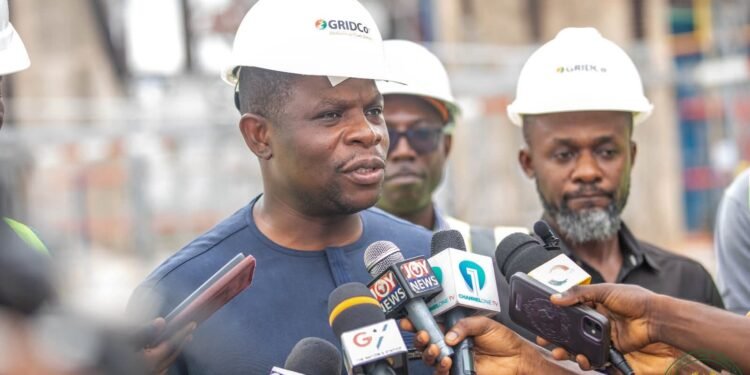As the African continent marks the 2025 African Anti-Corruption Day on July 11, the Chairperson of the African Union Commission, H.E. Mahmoud Ali Youssouf, is calling on all Member States to make the protection of human dignity central to their anti-corruption strategies.
This year’s observance, themed “Promoting Human Dignity in the Fight Against Corruption,” coincides with the African Union’s broader theme for the year: “Justice for Africans and People of African Descent Through Reparations.”
In a statement released to mark the occasion, the Chairperson emphasized that corruption is not simply a financial crime; it is a moral and social wound that strikes at the heart of human dignity and personal security. He stressed that corruption deprives countries of their growth potential and robs individuals, particularly the poor, women, youth, and children, of opportunities to live dignified lives.
“Corruption undermines trust in our institutions, diverts resources meant for development, and perpetuates inequality and poverty,” the AU Chairperson noted. He added that the effects are especially visible in critical sectors like health and education, where diverted funds can lead to maternal deaths and a lack of access to basic education.
Ali Youssouf drew a direct connection between fighting corruption today and Africa’s historical quest for justice. He stated that “just as the continent seeks to address historical injustices through reparations, it must equally dismantle contemporary corrupt systems that perpetuate indignity and injustice.”
This year’s theme aims to provoke reflection among Africans about their collective history while shaping a future rooted in human dignity. It also reinforces the importance of confronting corruption not just through legal channels but by acknowledging its devastating social consequences.
Calls For Justice And Accountability Rise
The AU Chairperson reiterated that the African Union has long prioritized the fight against corruption as central to its Agenda 2063, Africa’s blueprint for inclusive and sustainable development. Central to this mission is the African Union Convention on Preventing and Combating Corruption (AUCPCC), which was adopted 22 years ago. He urged Member States to remain committed to aligning national legislation and governance structures with the principles outlined in this landmark document.

In particular, he highlighted Article 2(4) of the AUCPCC, which enjoins Member States to “promote socio-economic development by removing obstacles to the enjoyment of economic, social, and cultural rights, as well as civil and political rights.”
Ali Youssouf further called for the immediate implementation of anti-corruption measures that integrate a human rights perspective. He stressed the importance of unified action among Member States to dismantle corrupt institutions and build systems that champion integrity, transparency, and accountability.
The financial toll of corruption in Africa is staggering, with estimates suggesting that the continent loses around $140 billion annually due to practices like bribery, embezzlement, and illicit financial flows. These losses significantly hinder progress in vital sectors such as healthcare, education, and infrastructure, depriving millions of Africans of essential services.
Moreover, corruption deters foreign investment, as perceptions of risk and instability discourage international businesses from operating in African markets. This limits job creation and stifles economic growth, perpetuating a cycle of poverty and underdevelopment.
The political consequences are just as damaging. Corruption weakens democratic processes, erodes public trust in institutions, and fuels unrest. The effects are not felt equally; the poorest and most marginalized communities bear the brunt of these failures.
Experts agree that tackling corruption demands unwavering political will, institutional transparency, and broad collaboration between governments, civil society, and international partners. Without such collective and decisive efforts, corruption will continue to obstruct Africa’s progress, undermine justice, and compromise the well-being of its people.
READ ALSO: Joke Silva Celebrates Olu Jacobs at 83 in Emotional Note























